In response to Toronto’s housing affordability crisis, the city is proposing incentives to encourage more rental housing construction. These measures aim to assist developers facing rising construction costs, high interest rates, and a slowing market. If approved, the plan could increase rental supply in a city struggling to meet demand.
The Toronto Star reported last month that the proposal includes waiving development charges for eligible rental projects, saving developers up to $37,636 per unit. Developers would also receive a 15% property tax reduction for 35 years, worth about $20,396 per unit. To qualify, 20% of the units must meet the city’s definition of “moderately affordable.” For example, a one-bedroom unit must be affordable to households earning $43,600 annually, with rent capped at $1,090 per month.
The initiative aims to support the construction of 7,000 rental units, including at least 1,400 affordable ones. The goal is to help developers struggling to move projects forward amid financial pressures. Mayor Olivia Chow highlighted that without intervention, the city risks missing its target of 65,000 new rental units by 2030.
The program would also allow for a potential second phase of 13,000 additional units, though this would require significant funding from provincial and federal governments. While some developers have shown cautious optimism, they stress that broader government involvement will be necessary to meet the growing demand for rental housing.
The city’s push for new rental units is essential as the average rent for a one-bedroom unit is currently $2,418 per month, far above what many households can afford. Previous city incentives, such as tax exemptions and fee waivers, aim to help developers build more rental housing. Despite concerns over lost revenue, the city sees these incentives as critical to easing the housing shortage and improving affordability.


